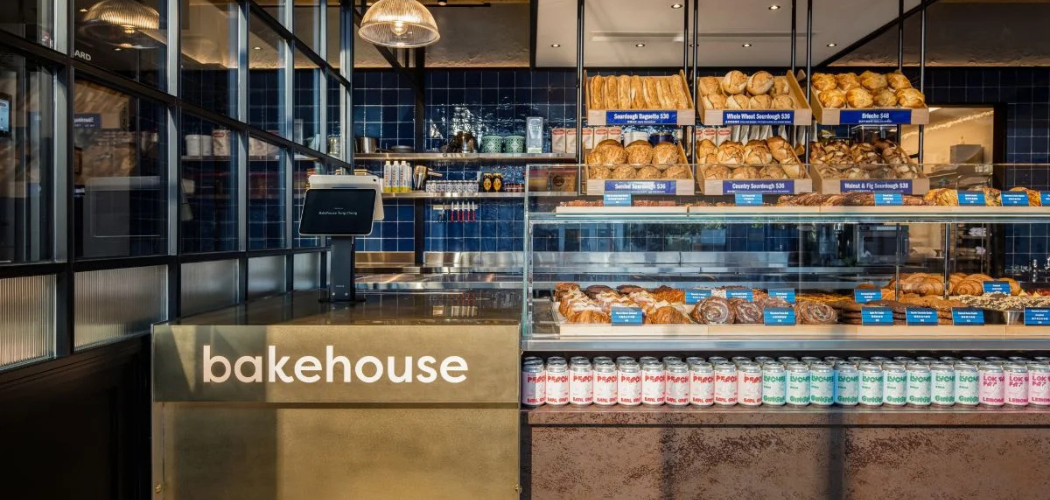On September 20, 2018, I will have the privilege to chair the 2018 Loyalty Summit, a new travel loyalty marketing conference taking place at the Hyatt Regency London – The Churchill. The Summit will feature numerous panels and speakers who will discuss topics ranging from female leadership in loyalty marketing to emerging technologies. The Summit is being held in conjunction with the 2018 EMEA Frequent Traveler Awards, which will be given out that evening in a ceremony at the RAF Museum.
I had just begun working on my presentation when I saw multiple news alerts announcing that Aretha Franklin, one of my favorite performers, had passed away. Ms. Franklin’s “Respect,” an anthem to many, has long been one of my favorite songs as well. As I analyzed our research data for my presentation while listening to Ms. Franklin belt out “Respect,” I realized her iconic song can also serve as an anthem for travel loyalty marketing.
For it is just that – respect – which our analysis shows travelers crave from travel brands, yet feel they do not adequately receive. Consider these highlights from three of our 2018 research studies:
- Just 38% of UK airline loyalty members and 46% of UK hotel loyalty members feel their loyalty is genuinely valued by their most-used carrier or hotel chain.
- In France, fewer than two in five airline loyalty members are satisfied with their most-used airline program. Hotels do better, pleasing half of French hotel loyalty members.
- Forty-one percent of German airline loyalty members say don’t feel truly loyal to any carrier. A whopping three in five German hotel loyalty members feel that way about hotel brands.
What’s behind this? Critically, industry mergers mean fewer travel brand choices and more people, including a swelling of elite-status members, in the remaining loyalty programs. More people are traveling now, reflecting relatively strong economies in many countries. These have produced a “Hunger Games”-like environment where massive numbers of loyalty program members compete for finite amounts of awards and benefits.
But the lack of travelers’ perceived respect stems from more than these “macro” factors. Travel brands increasingly focus on transactions rather than relationships. Loyalty members are frustrated by poorly-targeted offers, communications that don’t recognize their individuality (e.g., age, gender, sexual orientation, etc.), and promotions that don’t reflect their loyalty motivations.
Plus, as more travel brands embrace revenue-based earning models, especially for elite-status qualifications, loyalty members are increasingly aware of what they spend – and, thus, their perceived value to a brand.
The result: Our research shows that travelers’ frustrations with loyalty programs, especially among higher-spending and more frequent travelers, has been steadily increasing – and loyalty steadily declining. Far more airline and hotel loyalty members are price-motivated than brand-loyal. Few feel “actively engaged” in their most-used travel loyalty program. And few would recommend their most-used travel loyalty program to their spouse/partner or best friend.
Our research shows that travelers’ frustrations with loyalty programs, especially among higher-spending and more frequent travelers, has been steadily increasing – and loyalty steadily declining.
When we ask travelers what they want and expect from their loyalty programs, the top response – ahead of award travel, upgrades/perks, and more responsive customer service – is recognition. Not an automaton-like, “Hello, Mr. Danielsen, thank you for your Krypton status” greeting. Loyalty members want authentic recognition at a more human level.
For travel loyalty programs to earn their members’ respect, they must first show them respect. The standards of excellence are established by the café chains, retailers, and other businesses loyalty members interact with more frequently than travel. Travel loyalty leaders must look less to their competitors and more to Amazon, Starbucks, and Tesco, because these are the types of businesses that travel loyalty members believe respect them.
I’ll share more details in my London Loyalty Summit presentation. I hope you’ll be able to join us for what promises to be an engaging, informative day.
You can find more information about the event and registration here.
Henry Harteveldt is President of Atmosphere Research Group, an independent and objective travel industry market research and advisory firm based in San Francisco, CA.





